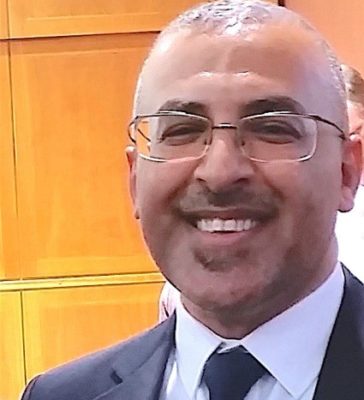
Richard Collinson
Current Employer/Organisation Name
Private Individual
What have you been doing since leaving Exeter, and what are you doing now?
I have recently formally retired after over 47 years working as an environmental consultant. I am, however, still engaged in environmental management work on an ad hoc basis, acting as a freelance consultant to my old company (Atkins) and offering those services to the wider world. As well as undertaking major work in the UK, I have worked in 35 overseas countries, mainly in Africa, the Middle East, Europe and the Far East. I have also been mentoring with Exeter University for quite a few years (7 I think), and developing training courses for my company, and the road and rail industry, in environmental management and, more recently, sustainability, for major infrastructure developments.
Why did you choose this career? And what do you enjoy most about your work?
My passion for environmental work stemmed from my tutor, Dr Clive Kennedy, who introduced me to the world of the effects of pollution on aquatic systems. So I was involved in environmental work from the early 1970’s. when the word ‘environment’ was hardly mentioned, let alone it being fashionable. How times have changed – thankfully!! And that is one of the main things I enjoy(ed) about my work – it is so fundamentally important to the world – even more so in the age of Climate Change; but even before that, I have always had that desire to ‘make a difference’. Cliched perhaps, but a very genuine feeling and drive.
Please tell us if you were a member of any societies, groups or sports clubs?
I was Secretary to the Biological Society and Secretary to the Sports Union, both in my second year. My main activity focused on the Biol Soc, but also the university Cross Country Team. Folk I shared digs with were mainly involved with the university Hockey Team, so Wednesday afternoons and Saturdays were always enjoyable times – in spite of the weather!!
What did you enjoy most about your programme and what was the biggest highlight?
The course was drawn from the Botany and Zoology course, so I had an opportunity to chose the specialist modules that interested me most; that was, of course, selections over and above the general course that all three strands of Biological Sciences had to follow. My biggest highlight was, effectively, my introduction to my future career; I have never really looked back.
What did you enjoy most about studying here?
Exeter was, and still is, an amazing university. The campus is glorious, situated in such an appealing area of the UK, with excellent academic standards and, for me, some really superb lecturers and staff who made learning a joy – most of the time!!
Why did you choose to study at Exeter?
I had visited Exeter and south Devon several times as a child – holidays in Dawlish – it had left a lasting impression on me. Hence it was on my UCCA (as it was in 1969) list of universities. But to be perfectly honest, it was the only university to offer me a place. And I will always be eternally grateful that it did!!
What skills and experiences have been most useful for your career?
I may have got lucky by having such a charismatic, dedicated and enthusiastic tutor who introduced me to ‘environment’ in its widest and specialist sense. From that introduction to my future field of employment, applying myself to better understanding was of major significance, based on the enthusiasm I developed thanks to the good guidance of my tutor.
What advice would you give to a current student who wishes to pursue your career?
Be open-minded; be flexible; work hard; get experience whenever and wherever you can. As an employer, I always want to see how a student has applied themselves in pursuing the career they purport to being interested in. What volunteer work have you undertake; how hard have you tried to get vacation placement work with a potential employer, or at least, in the field of work/study that you are interested in.
What are your plans for the future?
Although formally retired, I plan to continue working (paid and/or voluntary), in the environmental and sustainability fields that are of such fundamental importance to our society today; and not just in the ‘developed’ world, but globally.

